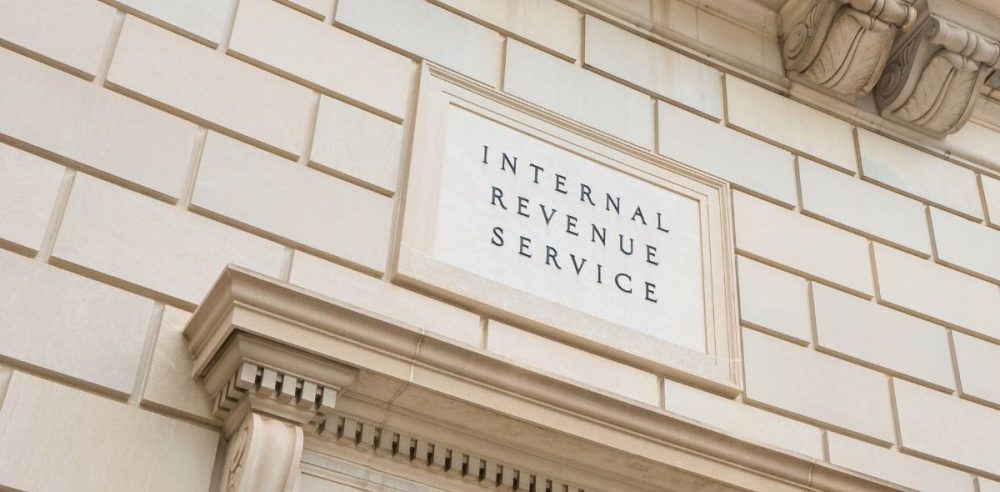The Internal Revenue Service has formally agreed to stop enforcing the Johnson Amendment against churches that speak about political candidates during religious services — marking a historic shift in decades of federal tax policy.
In a consent judgment filed in the Eastern District of Texas on July 7, the IRS settled a lawsuit brought by two Texas churches and the National Religious Broadcasters, among others. The plaintiffs challenged the Johnson Amendment — a 1954 provision in the U.S. tax code — arguing it violated their First and Fifth Amendment rights as well as the Religious Freedom Restoration Act.
Under the agreement, the IRS acknowledged that when a house of worship “in good faith speaks to its congregation, through its customary channels of communication on matters of faith in connection with religious services,” it does not constitute “participation” or “intervention” in a political campaign under the tax code.
The court filing emphasized that such religious speech “does neither of those things, any more than does a family discussion concerning candidates.”
The IRS further agreed to a permanent injunction blocking it from applying the Johnson Amendment against the plaintiff churches based on internal religious speech about electoral politics.
The settlement does not eliminate the Johnson Amendment from federal law, but it limits its application by binding the federal government from enforcement against churches under the terms specified.
The plaintiffs had argued that the law was selectively enforced and chilled religious expression. The court filing noted that the IRS “generally has not enforced the Johnson Amendment against houses of worship” in similar cases and cited Executive Order 13798, signed by President Donald Trump in 2017, directing the Treasury to avoid punitive action against churches for political speech expressed through a religious lens.
Reaction was swift. Religious liberty advocates hailed the development as a long-overdue win for free speech.
“Exciting victory for free speech! The IRS must never infringe on the First Amendment rights of American pastors to speak freely,” Rep. Mark Harris (R-NC) wrote on X. “It is time for Congress to make this win PERMANENT with my Free Speech Fairness Act.”
“This is a huge win! We cannot be silent,” added Christian activist Christian Collins.
However, some watchdog groups raised alarms. The National Council of Nonprofits warned that the decision could open a path for political operatives to exploit tax-exempt churches as conduits for campaign activity.


